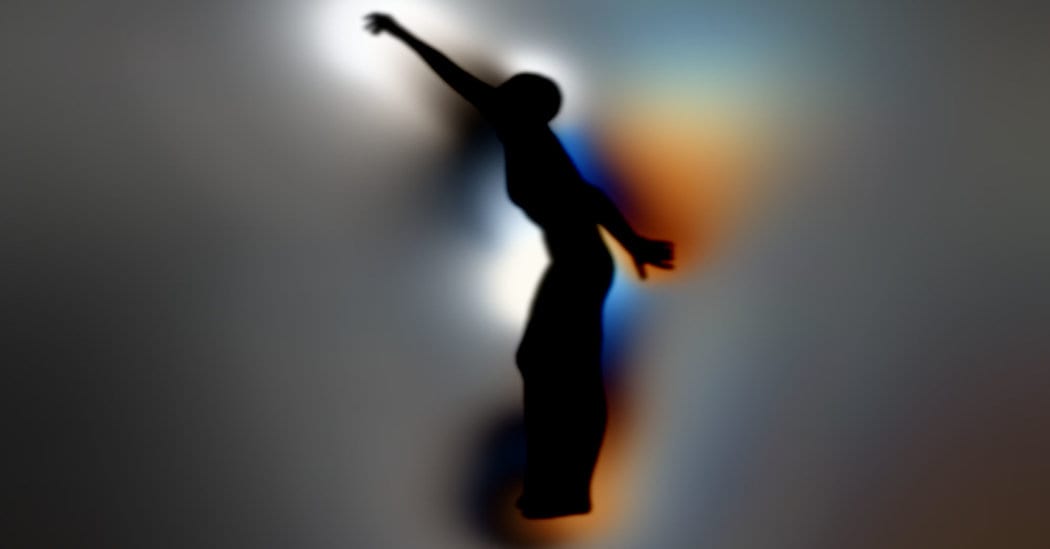“I am a 64-year-old sibling of an addict. He overdosed on heroin at age 40 back in 1997. I am still haunted by his illness that started when he was 12 years old with alcohol. He took the entire family on psychological roller coaster rides throughout his life. We never knew when the phone rang from then on if it was the end for him. Turns out it took 28 more years of family torture.”
— Cindy Chandler, 64, Charlotte, N.C.
Professionals in the field of addiction shared their experiences.
“As a judge who presides over a sobriety court, I witness the hopes and exasperations on a daily basis. As a father of a daughter who has struggled with opioid addiction, I have experienced the hopelessness and desperation on a daily basis. The lack of resources and the confusion between abstinence or harm-reduction models make my head spin.”
— Jonathan Shamis, 57, Leadville, Colo.
“I am a primary care physician in rural upstate New York. I stumbled into offering substance abuse treatment for my patients out of sheer necessity. Those trying to get treatment for opiate dependency have so many barriers: financial barriers to pay ‘cash-only’ physicians, rehab programs that discourage the use of buprenorphine or have myriad barriers to seeing a prescriber, transportation hurdles to get around the Adirondacks. It is encouraging to see patients who seek treatment, despite so many odds stacked against the system. The medical system can be so rigged against these folks.”
— Tom Portuese, 37, Queensbury, N.Y.
“I’ve been in the field for 13 years and in recovery for 26 and I want readers to know this: Anyone, anywhere, at any time can recover. I work in this field because of the miracles I see every day.”
— Rev. Cate Sementa, 52, Nashua, N.H.
Many expressed frustration with the continuing stigma of addiction.
“Get cancer and you have a whole team of medical professionals working with you for years and through relapses. Plus, your medical bills are covered by insurance, your employer keeps you on the payroll and your medical insurance coverage continues. Friends and neighbors bring meals over for you, and prayer chains are instituted on your behalf. On the other hand, if you contract the disease of addiction, neither your family physician nor your local E.R. will treat you. Your employer fires you, and your medical coverage is discontinued. In most cases, even family members castigate you. You are viewed by most societal institutions as a sinner, a behavioral failure and someone unworthy of trust.”
— Dan Hill, 73, Dayton, Ohio
“The shame and stigma behind addiction only force people deeper into the shadows. My sister never made it out.”
— Corinne Stinson, 35, Atlanta
“We know this drug affects the white population in very high percentages, but my black community has been deeply affected by these drugs, this drug. The heroin, the fentanyl, all of it. I have relatives that were once hard workers and looked up to by so many in the community, reduced to nothing. It’s like they are empty shells. These are people I looked up to and depended on. I cannot look them in the eyes any longer. It causes me such pain to know what they have become and the extra stigma associated with this problem in the black community.”
— Meni Johnson, 40, Cincinnati

